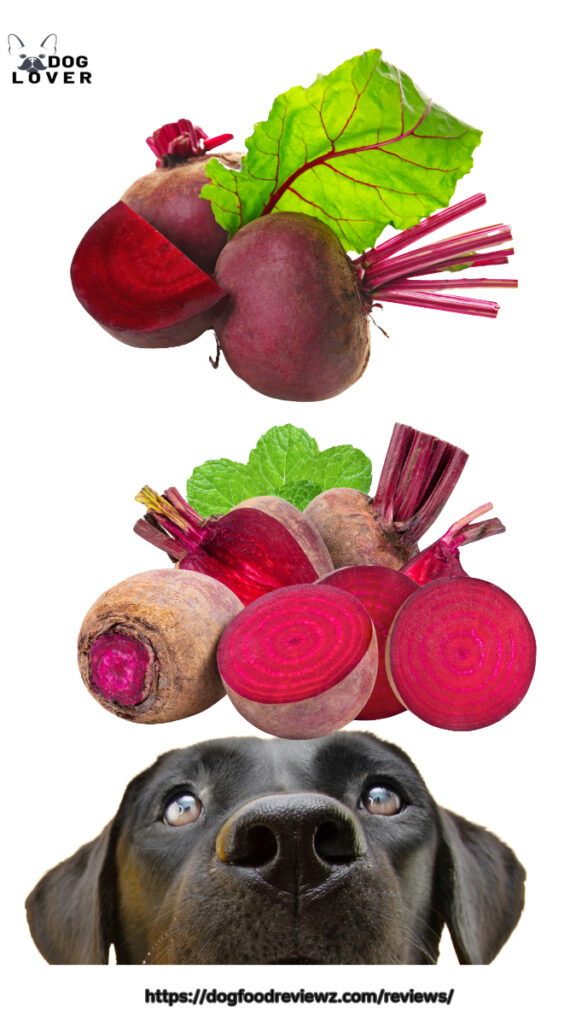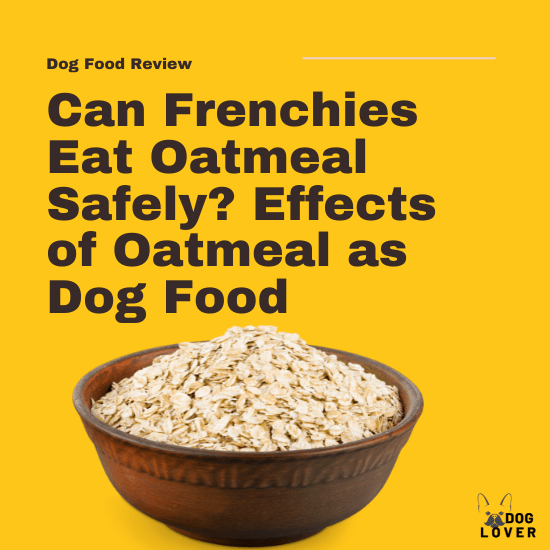Dogs can safely eat beets when given in moderation, making them a nutritious addition to a dog’s diet.
Whether cooked or raw, beets offer several health benefits while requiring some precautions.

Health Benefits of Beets for Dogs
Beets are low in calories and high in fiber, making them excellent for weight management.
They’re rich in iron, which supports blood production and helps with anemia. The vegetable contains essential vitamins and minerals, including:
- Vitamins A and C for eye health and skin condition
- Potassium, magnesium, phosphorus, and calcium for overall health
- Antioxidants to combat free radicals
- Fiber for digestive health
These nutrients help improve immune system health, support muscle growth, aid in blood sugar regulation, and boost energy levels.
However, beets’ high sugar content means they should be given in moderation to prevent obesity, diabetes, and dental issues.
Safe Ways to Serve Beets
- Roasted Beets: Roasted beets are safe for dogs when prepared without seasonings, oils, or salt. They’re particularly beneficial for both young and old dogs, supporting bone health in puppies and aiding digestion in senior dogs.
- Raw Beets: While safe, raw beets should be chopped into small pieces to prevent choking hazards. They’re harder to digest than cooked beets and should be given in smaller amounts to prevent digestive issues.
- Cooked Beets: Steaming is the best cooking method as it preserves nutrients. Cooked beets should be plain, without additives or seasonings. They’re easier to digest and can help boost immunity and improve skin condition.
- Beet Powder: Beet powder is a safe and convenient way to add beets to a dog’s diet. It’s easily digestible and retains nutritional benefits. The powder contains folate and tryptophan, which can positively affect a dog’s mood by supporting serotonin production.
Unsafe Beet Products
Pickled Beets
Never feed dogs pickled beets. The brine solution makes them high in sodium, which can lead to:
- Dehydration
- Kidney issues
- Sodium poisoning
- Excessive thirst
- Frequent urination
- Lethargy
Canned Beets
Canned beets are unsafe due to high sodium content and artificial preservatives.
They can cause serious health issues and shouldn’t be given to dogs, especially those with existing health conditions.
Proper Serving Guidelines
Portion Control:
- Beets should never exceed 10% of a dog’s diet when given as treats
- If included as regular vegetables, they should make up 15-20% of the diet
- Start with small amounts to monitor tolerance
Preparation Methods:
- Thoroughly wash beets
- Cut into small, manageable pieces
- Steam or boil without seasonings
- Allow to cool before serving
Side Effects to Watch For:
- Beeturia (pink or red urine) – typically harmless but can be alarming
- Digestive upset from excessive consumption
- Possible choking hazards if not properly sized
Healthy Food Combinations
Beets can be combined with other dog-safe foods for added nutrition:
- Rice Plain, cooked rice pairs well with beets and provides easily digestible carbohydrates. It’s especially good for dogs with mild stomach issues.
- Apples: Create a nutritious treat by combining beets with apple pieces (remove seeds and core). This combination provides additional vitamins and fiber while remaining low in calories.
- Cauliflower: Adding cauliflower to beets increases the antioxidant content and provides additional fiber. Ensure proper preparation to prevent choking hazards.
Simple Recipe:
Banana Beet Dog Treats Ingredients:
- Steamed beets
- Ripe bananas
- Oat flour
Instructions:
- Mash bananas and mix with flour
- Blend beets separately and combine with flour
- Form into small treats
- Bake at moderate temperature until firm
- Cool before serving
Final Recommendations
Beets can be a healthy addition to a dog’s diet when properly prepared and served in moderation.
Always introduce new foods gradually and monitor your dog for any adverse reactions. If your dog has existing health conditions, consult with your veterinarian before adding beets to their diet.
Remember to:
- Always serve plain beets without seasonings
- Cut into appropriate sizes
- Start with small portions
- Avoid pickled or canned varieties
- Monitor for digestive issues


